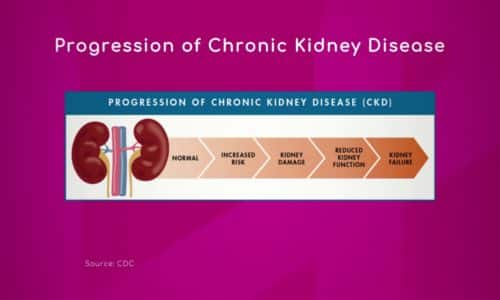Types of Hernia |
There are six types of hernia. Do you know all of them? Dr. Jerrold Young, General Surgeon with Hernia Institute of Florida, helps us to differentiate between epigastric, umbilical, incisional, lateral, inguinal, and femoral hernia.
Transcript
Now I know dr. young a lot of this has to do as well as to what kind of hernia and we do have an image that shows us a different types of areas that you touched upon and I would love for you to kind of go through these individually and based on techniques and based on which are the most common hernia is that that we see are the using well this is actually a very nice graphic and I might have to steal it from my office when I have is a little too narrow doesn’t show it as well however again if you this is the abdominal wall and the ribs would come out in this area here the belly button if we take that as a central point is in this location and that’s the umbilical area where we see umbilical hernias there are some hernias which will occur above the belly button which in this case is labeled epigastric we also refer to them as ventral hernias lateral hernias are on the side of the abdominal wall they are not quite as common unless somebody who had an incision there in the past again you there’s a demonstration of an incisional hernia here which is probably in the location where someone had an appendix incision okay the most common are the inguinal hernias which are down here and you can see they’re in the groin crease in this location okay and when you say recurring hernia a dr. young this can happen to any of these types of hernias yes the most common types of hernia obviously I think the bigger the hernia the more difficult it is to repair and then the technique that is used our determined factors of whether hernia will come back again or recur you








